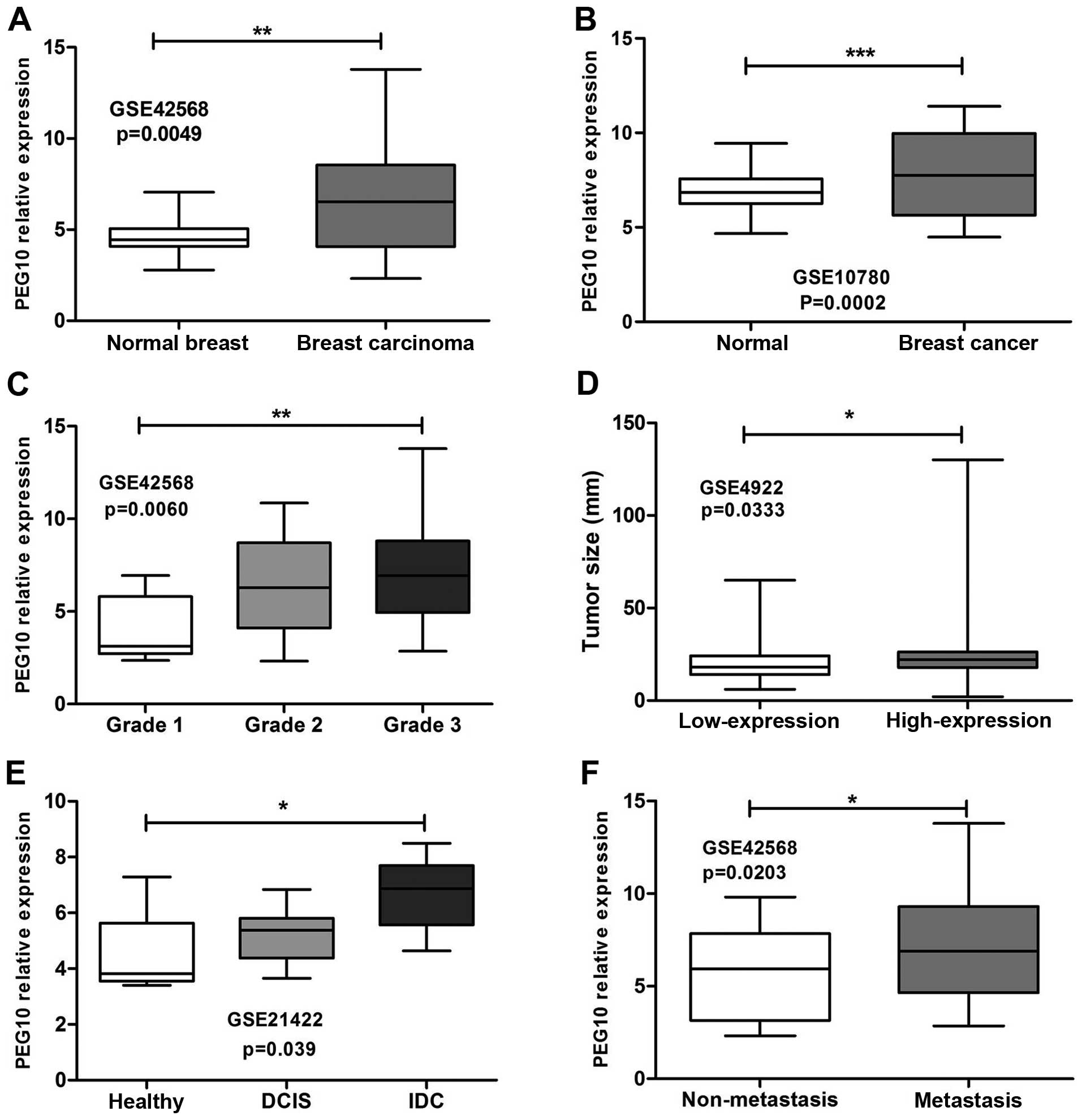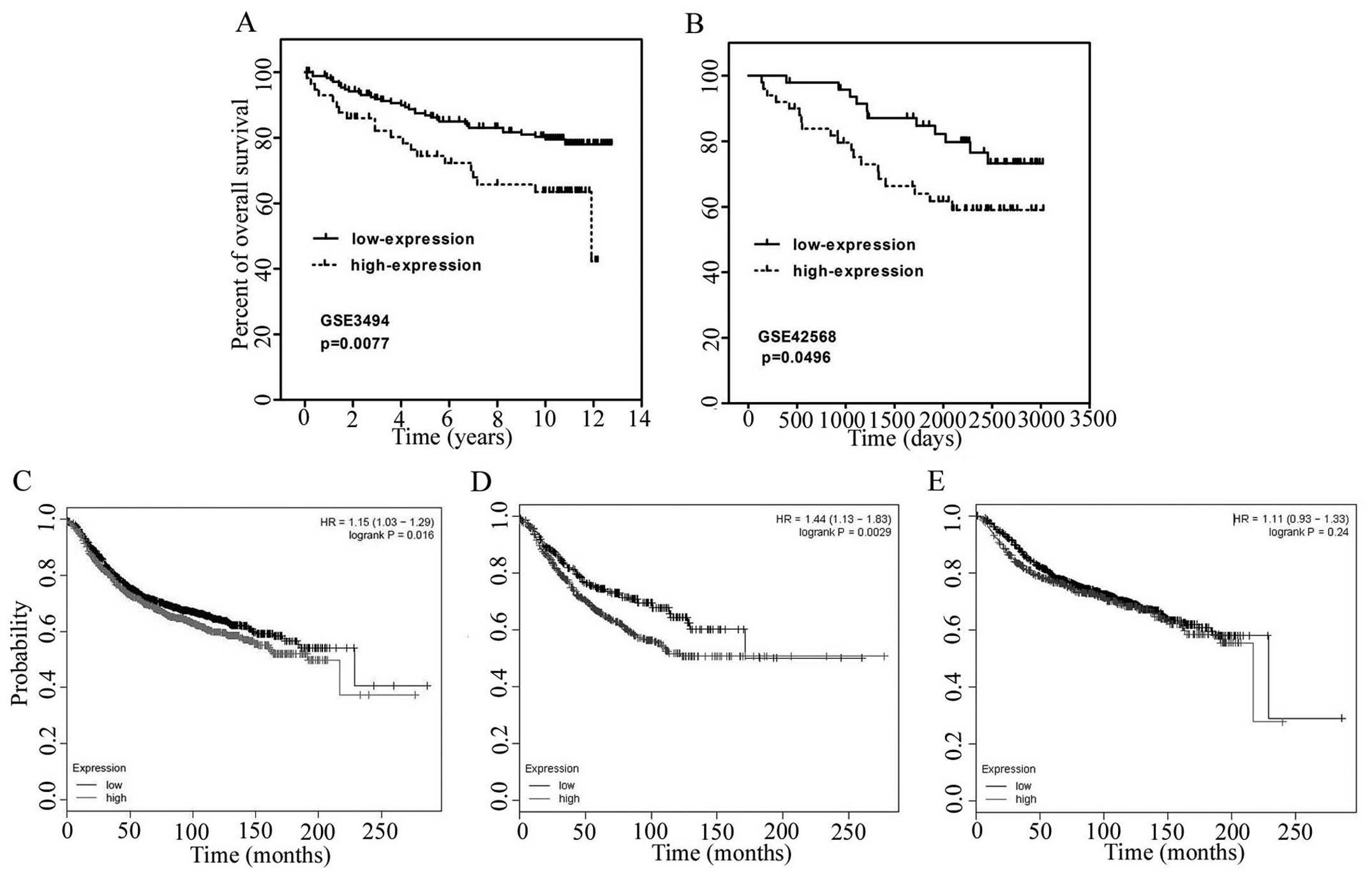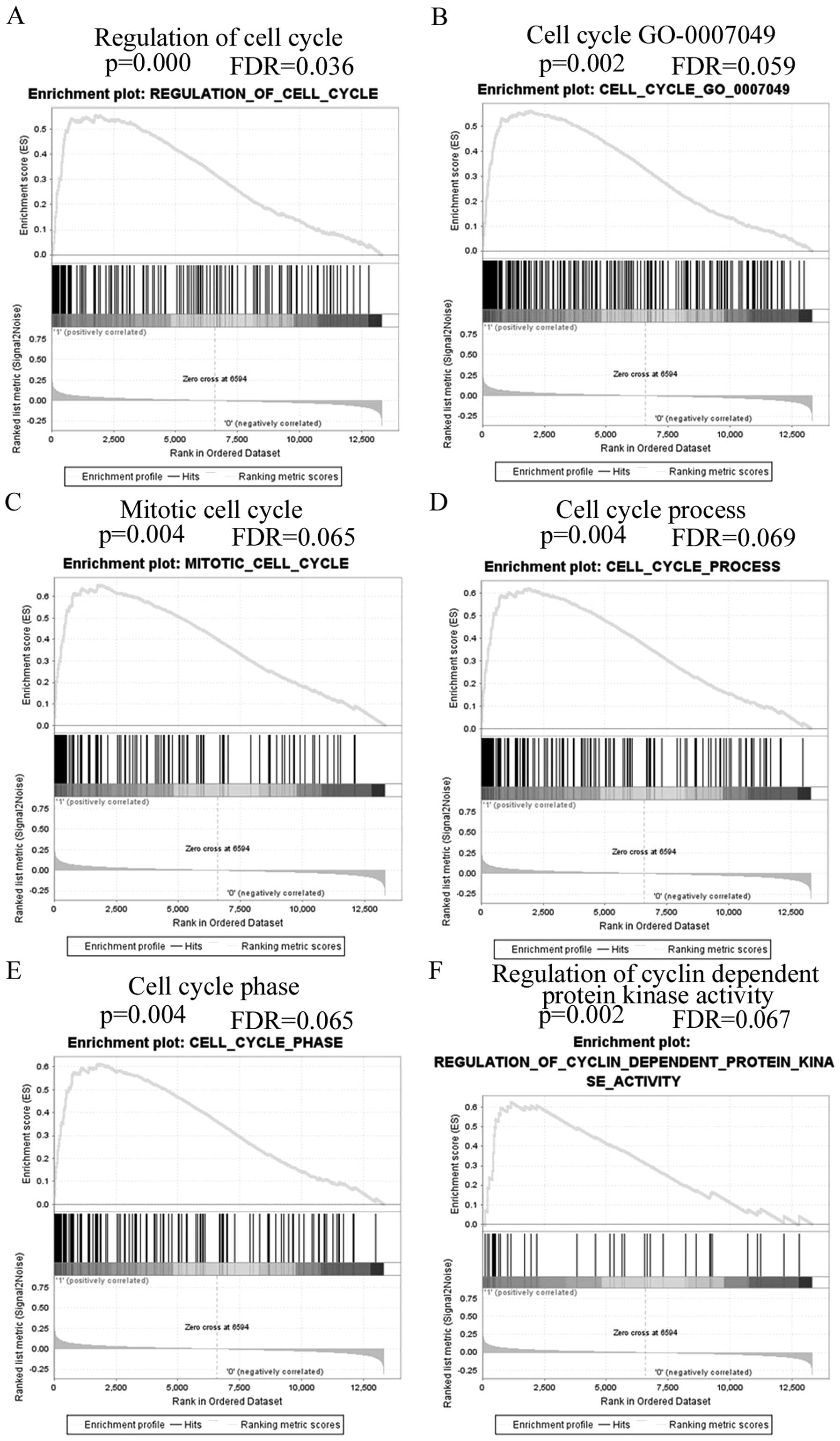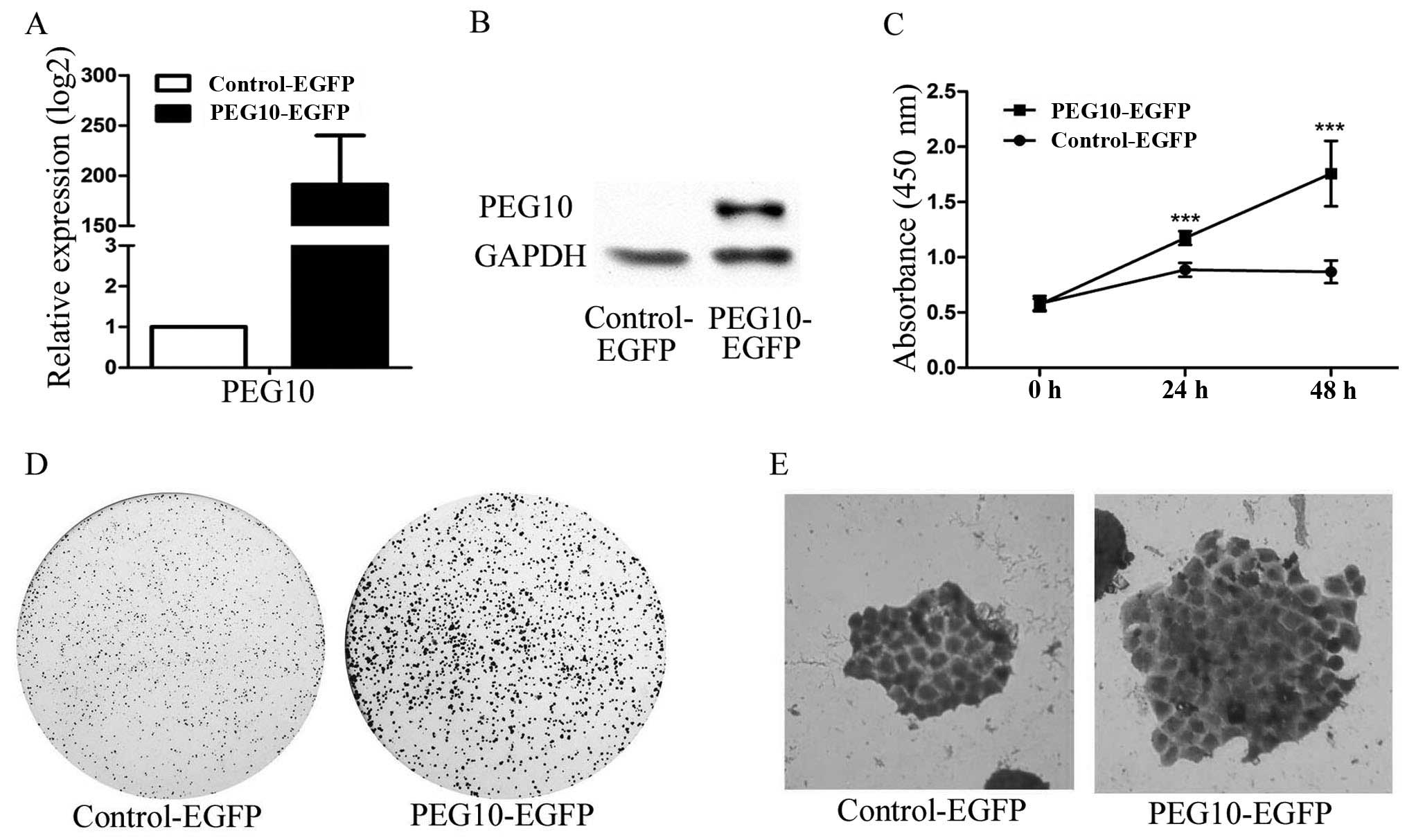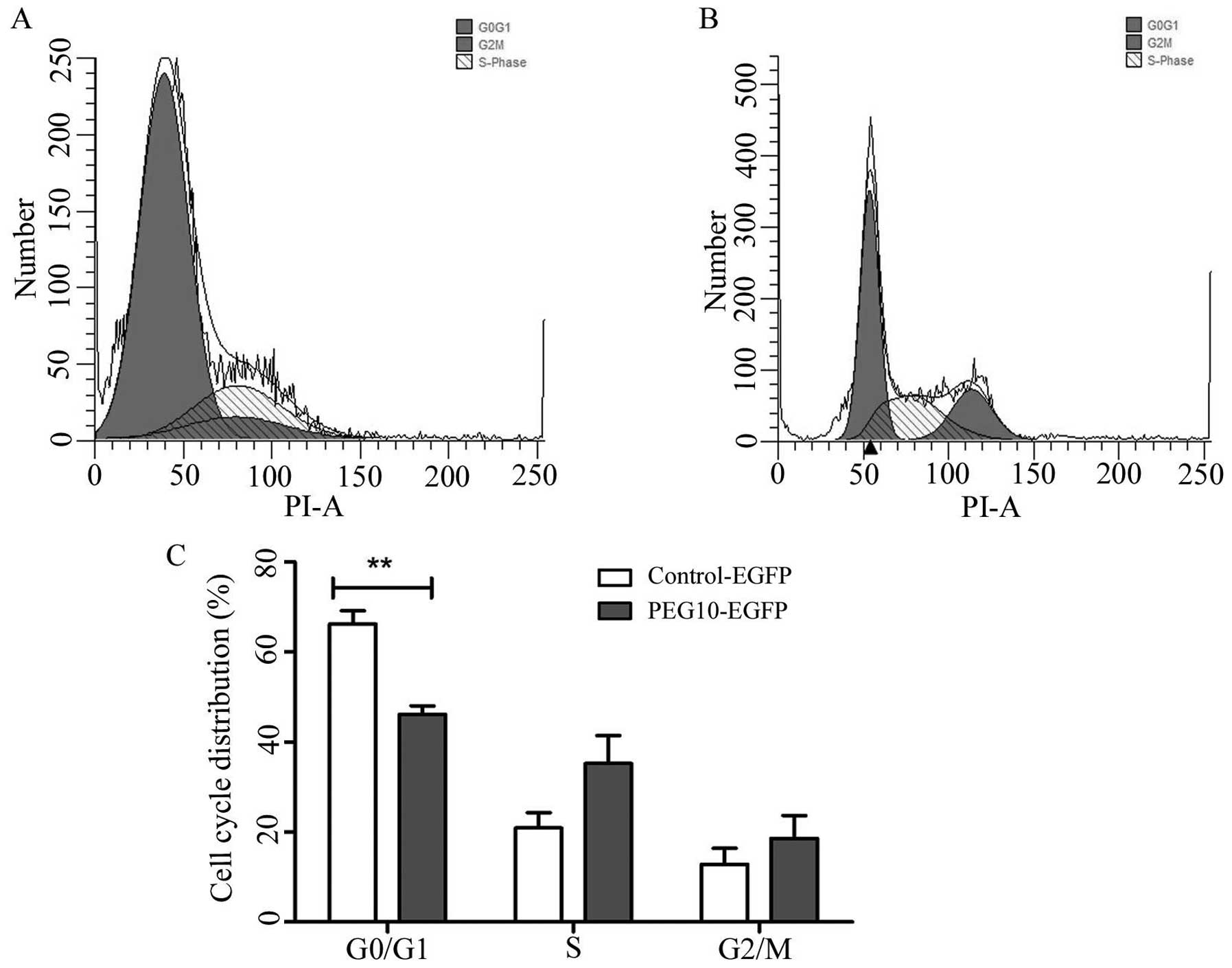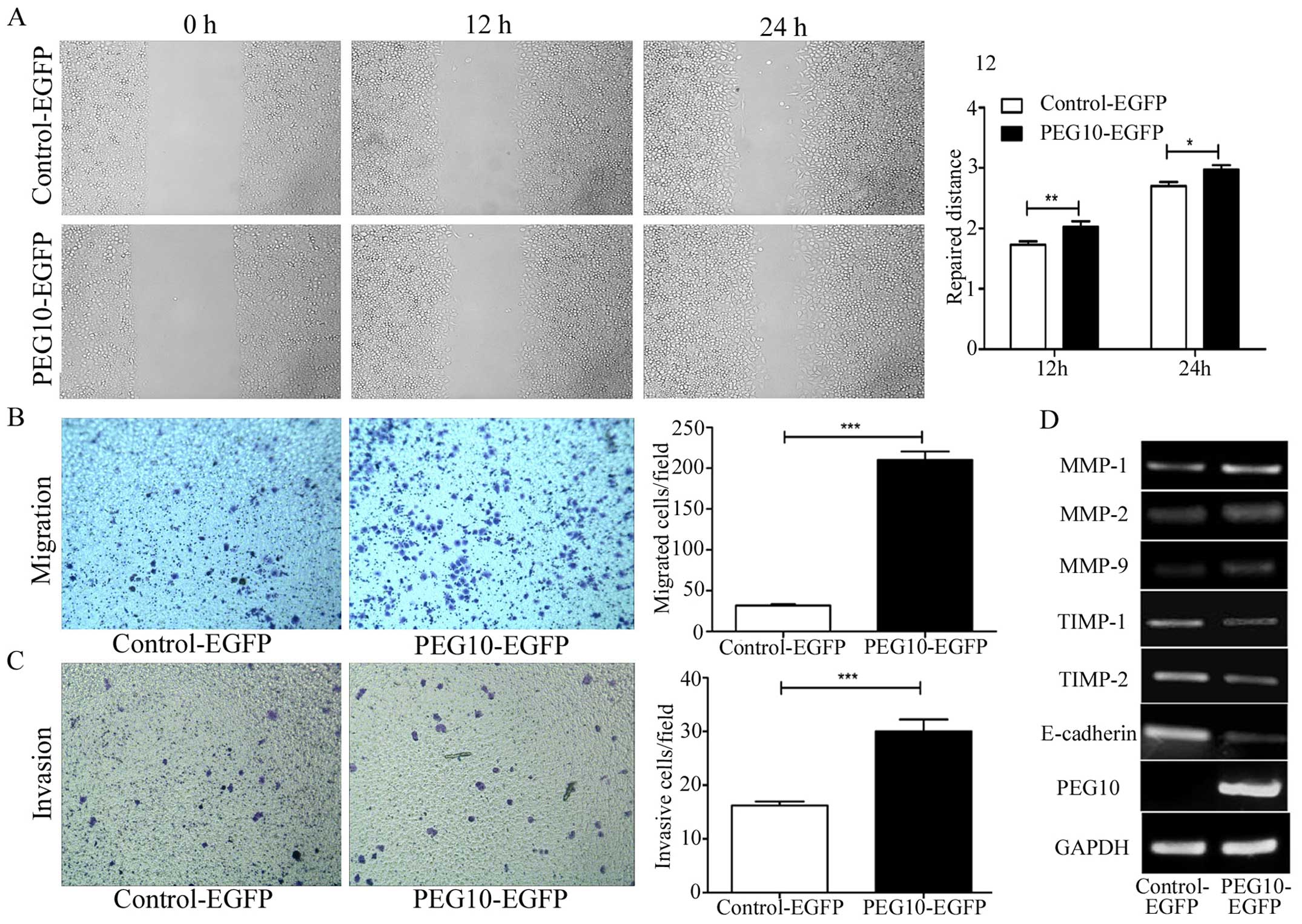|
1
|
Siegel RL, Miller KD and Jemal A: Cancer
statistics, 2015. CA Cancer J Clin. 65:5–29. 2015. View Article : Google Scholar : PubMed/NCBI
|
|
2
|
Ricceri F, Fasanelli F, Giraudo MT, Sieri
S, Tumino R, Mattiello A, Vagliano L, Masala G, Quirós JR, Travier
N, et al: Risk of second primary malignancies in women with breast
cancer: Results from the European prospective investigation into
cancer and nutrition (EPIC). Int J Cancer. 137:940–948. 2015.
View Article : Google Scholar : PubMed/NCBI
|
|
3
|
Cappello P, Blaser H, Gorrini C, Lin DC,
Elia AJ, Wakeham A, Haider S, Boutros PC, Mason JM, Miller NA, et
al: Role of Nek2 on centrosome duplication and aneuploidy in breast
cancer cells. Oncogene. 33:2375–2384. 2014. View Article : Google Scholar
|
|
4
|
Bush TL, Payton M, Heller S, Chung G,
Hanestad K, Rottman JB, Loberg R, Friberg G, Kendall RL, Saffran D,
et al: AMG 900, a small-molecule inhibitor of aurora kinases,
potentiates the activity of microtubule-targeting agents in human
metastatic breast cancer models. Mol Cancer Ther. 12:2356–2366.
2013. View Article : Google Scholar : PubMed/NCBI
|
|
5
|
Wang Q, Wei J, Su P and Gao P: Histone
demethylase JARID1C promotes breast cancer metastasis cells via
down regulating BRMS1 expression. Biochem Biophys Res Commun.
464:659–666. 2015. View Article : Google Scholar : PubMed/NCBI
|
|
6
|
Lee M, Beggs SM, Gildea D, Bupp S,
Lichtenberg J, Trivedi NS, Hu Y, Bodine DM and Crawford NP; NISC
Comparative Sequencing Program. Necdin is a breast cancer
metastasis suppressor that regulates the transcription of c-Myc.
Oncotarget. 6:31557–31568. 2015.PubMed/NCBI
|
|
7
|
Johnson-Holiday C, Singh R, Johnson E,
Singh S, Stockard CR, Grizzle WE and Lillard JW Jr: CCL25 mediates
migration, invasion and matrix metalloproteinase expression by
breast cancer cells in a CCR9-dependent fashion. Int J Oncol.
38:1279–1285. 2011.PubMed/NCBI
|
|
8
|
Ooms LM, Binge LC, Davies EM, Rahman P,
Conway JR, Gurung R, Ferguson DT, Papa A, Fedele CG, Vieusseux JL,
et al: The inositol polyphosphate 5-phosphatase PIPP regulates
AKT1-dependent breast cancer growth and metastasis. Cancer Cell.
28:155–169. 2015. View Article : Google Scholar : PubMed/NCBI
|
|
9
|
Mahauad-Fernandez WD, DeMali KA, Olivier
AK and Okeoma CM: Bone marrow stromal antigen 2 expressed in cancer
cells promotes mammary tumor growth and metastasis. Breast Cancer
Res. 16:4932014. View Article : Google Scholar : PubMed/NCBI
|
|
10
|
Li L, Liu B, Zhang X and Ye L: The
oncoprotein HBXIP promotes migration of breast cancer cells via
GCN5-mediated microtubule acetylation. Biochem Biophys Res Commun.
458:720–725. 2015. View Article : Google Scholar : PubMed/NCBI
|
|
11
|
Ono R, Kobayashi S, Wagatsuma H, Aisaka K,
Kohda T, Kaneko-Ishino T and Ishino F: A retrotransposon-derived
gene, PEG10, is a novel imprinted gene located on human chromosome
7q21. Genomics. 73:232–237. 2001. View Article : Google Scholar : PubMed/NCBI
|
|
12
|
Akamatsu S, Wyatt AW, Lin D, Lysakowski S,
Zhang F, Kim S, Tse C, Wang K, Mo F, Haegert A, et al: The
placental gene PEG10 promotes progression of neuroendocrine
prostate cancer. Cell Rep. 12:922–936. 2015. View Article : Google Scholar : PubMed/NCBI
|
|
13
|
Tsou AP, Chuang YC, Su JY, Yang CW, Liao
YL, Liu WK, Chiu JH and Chou CK: Overexpression of a novel
imprinted gene, PEG10, in human hepatocellular carcinoma and in
regenerating mouse livers. J Biomed Sci. 10:625–635.
2003.PubMed/NCBI
|
|
14
|
Bang H, Ha SY, Hwang SH and Park CK:
Expression of PEG10 is associated with poor survival and tumor
recurrence in hepatocellular carcinoma. Cancer Res Treat.
47:844–852. 2015. View Article : Google Scholar : PubMed/NCBI
|
|
15
|
Kainz B, Shehata M, Bilban M, Kienle D,
Heintel D, Krömer-Holzinger E, Le T, Kröber A, Heller G,
Schwarzinger I, et al: Overexpression of the paternally expressed
gene 10 (PEG10) from the imprinted locus on chromosome 7q21 in
high-risk B-cell chronic lymphocytic leukemia. Int J Cancer.
121:1984–1993. 2007. View Article : Google Scholar : PubMed/NCBI
|
|
16
|
Ono R, Nakamura K, Inoue K, Naruse M,
Usami T, Wakisaka-Saito N, Hino T, Suzuki-Migishima R, Ogonuki N,
Miki H, et al: Deletion of Peg10, an imprinted gene acquired from a
retrotransposon, causes early embryonic lethality. Nat Genet.
38:101–106. 2006. View
Article : Google Scholar
|
|
17
|
Liu Z, Yang Z, Liu D, Li D, Zou Q, Yuan Y,
Li J, Liang L, Chen M and Chen S: TSG101 and PEG10 are prognostic
markers in squamous cell/adenosquamous carcinomas and
adenocarcinoma of the gallbladder. Oncol Lett. 7:1128–1138.
2014.PubMed/NCBI
|
|
18
|
Li CM, Margolin AA, Salas M, Memeo L,
Mansukhani M, Hibshoosh H, Szabolcs M, Klinakis A and Tycko B:
PEG10 is a c-MYC target gene in cancer cells. Cancer Res.
66:665–672. 2006. View Article : Google Scholar : PubMed/NCBI
|
|
19
|
Hu C, Xiong J, Zhang L, Huang B, Zhang Q,
Li Q, Yang M, Wu Y, Wu Q, Shen Q, et al: PEG10 activation by
co-stimulation of CXCR5 and CCR7 essentially contributes to
resistance to apoptosis in CD19+CD34+ B cells
from patients with B cell lineage acute and chronic lymphocytic
leukemia. Cell Mol Immunol. 1:280–294. 2004.
|
|
20
|
Chunsong H, Yuling H, Li W, Jie X, Gang Z,
Qiuping Z, Qingping G, Kejian Z, Li Q, Chang AE, et al: CXC
chemokine ligand 13 and CC chemokine ligand 19 cooperatively render
resistance to apoptosis in B cell lineage acute and chronic
lymphocytic leukemia CD23+CD5+ B cells. J
Immunol. 177:6713–6722. 2006. View Article : Google Scholar : PubMed/NCBI
|
|
21
|
Xiong J, Qin J, Zheng Y, Peng X, Luo Y and
Meng X: PEG10 promotes the migration of human Burkitt's lymphoma
cells by up-regulating the expression of matrix metalloproteinase-2
and -9. Clin Invest Med. 35:E117–E125. 2012.PubMed/NCBI
|
|
22
|
Deng X, Hu Y, Ding Q, Han R, Guo Q, Qin J,
Li J, Xiao R, Tian S, Hu W, et al: PEG10 plays a crucial role in
human lung cancer proliferation, progression, prognosis and
metastasis. Oncol Rep. 32:2159–2167. 2014.PubMed/NCBI
|
|
23
|
Vila J, Gandini S and Gentilini O: Overall
survival according to type of surgery in young (≤40 years) early
breast cancer patients: A systematic meta-analysis comparing
breast-conserving surgery versus mastectomy. Breast. 24:175–181.
2015. View Article : Google Scholar : PubMed/NCBI
|
|
24
|
Mariz K, Ingolf JB, Daniel H, Teresa NJ
and Erich-Franz S: The Wnt inhibitor dickkopf-1: A link between
breast cancer and bone metastases. Clin Exp Metastasis. 32:857–866.
2015. View Article : Google Scholar : PubMed/NCBI
|
|
25
|
DeSantis C, Ma J, Bryan L and Jemal A:
Breast cancer statistics, 2013. CA Cancer J Clin. 64:52–62. 2014.
View Article : Google Scholar
|
|
26
|
Wu W, Morrissey CS, Keller CA, Mishra T,
Pimkin M, Blobel GA, Weiss MJ and Hardison RC: Dynamic shifts in
occupancy by TAL1 are guided by GATA factors and drive large-scale
reprogramming of gene expression during hematopoiesis. Genome Res.
24:1945–1962. 2014. View Article : Google Scholar : PubMed/NCBI
|
|
27
|
Wilson NK, Kent DG, Buettner F, Shehata M,
Macaulay IC, Calero-Nieto FJ, Sánchez Castillo M, Oedekoven CA,
Diamanti E, Schulte R, et al: Combined single-cell functional and
gene expression analysis resolves heterogeneity within stem cell
populations. Cell Stem Cell. 16:712–724. 2015. View Article : Google Scholar : PubMed/NCBI
|
|
28
|
Shirai CL, Ley JN, White BS, Kim S,
Tibbitts J, Shao J, Ndonwi M, Wadugu B, Duncavage EJ, Okeyo-Owuor
T, et al: Mutant U2AF1 expression alters hematopoiesis and pre-mRNA
splicing in vivo. Cancer Cell. 27:631–643. 2015. View Article : Google Scholar : PubMed/NCBI
|
|
29
|
Hanahan D and Weinberg RA: Hallmarks of
cancer: The next generation. Cell. 144:646–674. 2011. View Article : Google Scholar : PubMed/NCBI
|
|
30
|
Piao HL, Yuan Y, Wang M, Sun Y, Liang H
and Ma L: α-catenin acts as a tumour suppressor in
E-cadherin-negative basal-like breast cancer by inhibiting NF-κB
signalling. Nat Cell Biol. 16:245–254. 2014. View Article : Google Scholar : PubMed/NCBI
|
|
31
|
Waleh NS, Murphy BJ and Zaveri NT:
Increase in tissue inhibitor of metalloproteinase-2 (TIMP-2) levels
and inhibition of MMP-2 activity in a metastatic breast cancer cell
line by an anti-invasive small molecule SR13179. Cancer Lett.
289:111–118. 2010. View Article : Google Scholar
|
|
32
|
Lee S, Desai KK, Iczkowski KA, Newcomer
RG, Wu KJ, Zhao YG, Tan WW, Roycik MD and Sang QX: Coordinated peak
expression of MMP-26 and TIMP-4 in preinvasive human prostate
tumor. Cell Res. 16:750–758. 2006. View Article : Google Scholar : PubMed/NCBI
|
|
33
|
Nagase H: Cell surface activation of
progelatinase A (proMMP-2) and cell migration. Cell Res. 8:179–186.
1998. View Article : Google Scholar : PubMed/NCBI
|
|
34
|
Vizoso FJ, González LO, Corte MD,
Rodríguez JC, Vázquez J, Lamelas ML, Junquera S, Merino AM and
García-Muñiz JL: Study of matrix metalloproteinases and their
inhibitors in breast cancer. Br J Cancer. 96:903–911. 2007.
View Article : Google Scholar : PubMed/NCBI
|
|
35
|
Jacob A, Jing J, Lee J, Schedin P, Gilbert
SM, Peden AA, Junutula JR and Prekeris R: Rab40b regulates
trafficking of MMP2 and MMP9 during invadopodia formation and
invasion of breast cancer cells. J Cell Sci. 126:4647–4658. 2013.
View Article : Google Scholar : PubMed/NCBI
|
|
36
|
Kambach DM, Sodi VL, Lelkes PI,
Azizkhan-Clifford J and Reginato MJ: ErbB2, FoxM1 and 14-3-3ζ prime
breast cancer cells for invasion in response to ionizing radiation.
Oncogene. 33:589–598. 2014. View Article : Google Scholar :
|
|
37
|
Addison JB, Koontz C, Fugett JH, Creighton
CJ, Chen D, Farrugia MK, Padon RR, Voronkova MA, McLaughlin SL,
Livengood RH, et al: KAP1 promotes proliferation and metastatic
progression of breast cancer cells. Cancer Res. 75:344–355. 2015.
View Article : Google Scholar :
|
|
38
|
Talvensaari-Mattila A, Pääkkö P, Höyhtyä
M, Blanco-Sequeiros G and Turpeenniemi-Hujanen T: Matrix
metalloproteinase-2 immunoreactive protein: A marker of
aggressiveness in breast carcinoma. Cancer. 83:1153–1162. 1998.
View Article : Google Scholar : PubMed/NCBI
|
|
39
|
Shi J, Wang Y, Zeng L, Wu Y, Deng J, Zhang
Q, Lin Y, Li J, Kang T, Tao M, et al: Disrupting the interaction of
BRD4 with diacetylated Twist suppresses tumorigenesis in basal-like
breast cancer. Cancer Cell. 25:210–225. 2014. View Article : Google Scholar : PubMed/NCBI
|
|
40
|
Fu J, Qin L, He T, Qin J, Hong J, Wong J,
Liao L and Xu J: The TWIST/Mi2/NuRD protein complex and its
essential role in cancer metastasis. Cell Res. 21:275–289. 2011.
View Article : Google Scholar
|















